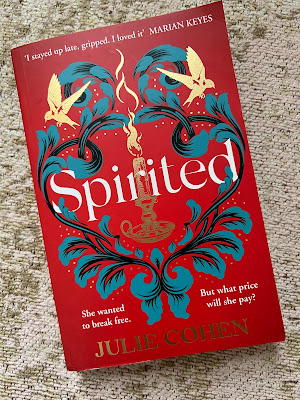Welcome back to my Neo-Victorian Voices series, focused on books set in the nineteenth century, but written in the twenty-first. Today, I’m blogging about Louis Bayard’s 2024 novel, The Wildes, which delves into celebrated Victorian writer Oscar Wilde’s conviction for “gross indecency” for his romantic relationship with a man, Lord Alfred Douglas, and the impact of the scandal on his wife and children.
The novel is structured in five acts of uneven length. The first, longest, and, for me, the most compelling act charts the breakdown of the Wildes’ marriage as Oscar’s wife, Constance, becomes aware of the nature of his relationship with Lord Alfred during a family trip to the Norfolk countryside. In the second act, Constance and her young sons, Cyril and Vyvyan, are in Italy, escaping the press attention surrounding Oscar’s trial and subsequent imprisonment. By the third act (which is very different in tone from the rest of the book), Cyril is fighting in World War One. In the fourth, Vyvyan, now grown, encounters Lord Alfred in London. And in the fifth, Vyvyan imagines an alternate reality where his parents’ marriage survived Oscar’s infidelity and Constance accepts her husband’s relationship with Lord Alfred.
Looking at the novel’s reviews, the fifth act has been the most divisive, but for me it worked well as the fantasy of a child still impacted by the breakup of his parents’ relationship, even after he is grown. The whole novel seemed like an examination of how a specific event/moment can become a shared family trauma. In the world of the Wildes, as presented in this novel, “Norfolk” becomes almost a code word for everything that followed, and exact details of the trip, which would have otherwise seemed inconsequential, are seared into their collective memories.
This isn’t the book I’d recommend if you are looking to learn about the Wilde scandal for the first time, but if you know the history and are interested in diving deeper, there’s a lot to enjoy. Just be warned: if your own family has dealt with divorce, incarceration, or another episode of extreme upheaval, this one may hit close to home.
Which novel should I read next as part of my Neo-Victorian Voices series? Let me know—here, on Instagram, on Facebook, or by tweeting @SVictorianist. Want monthly updates on my blog and writing? Sign up for my email newsletter here.





















